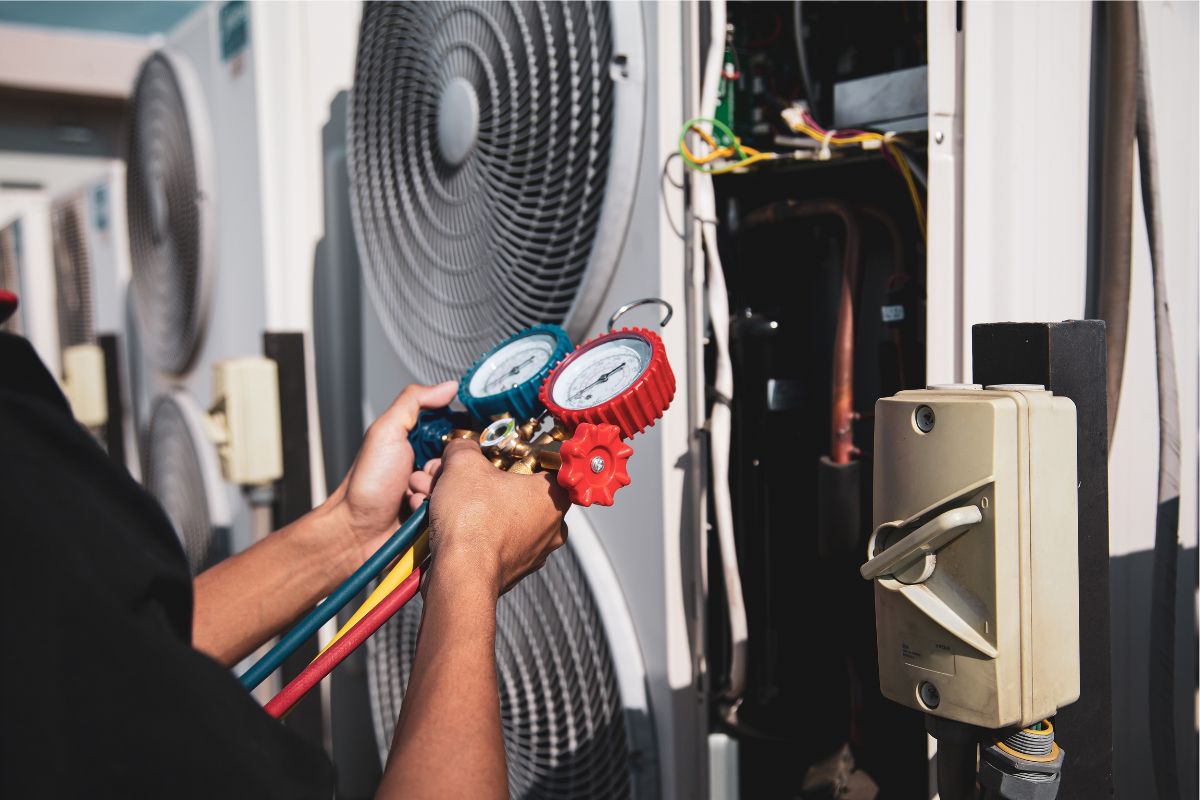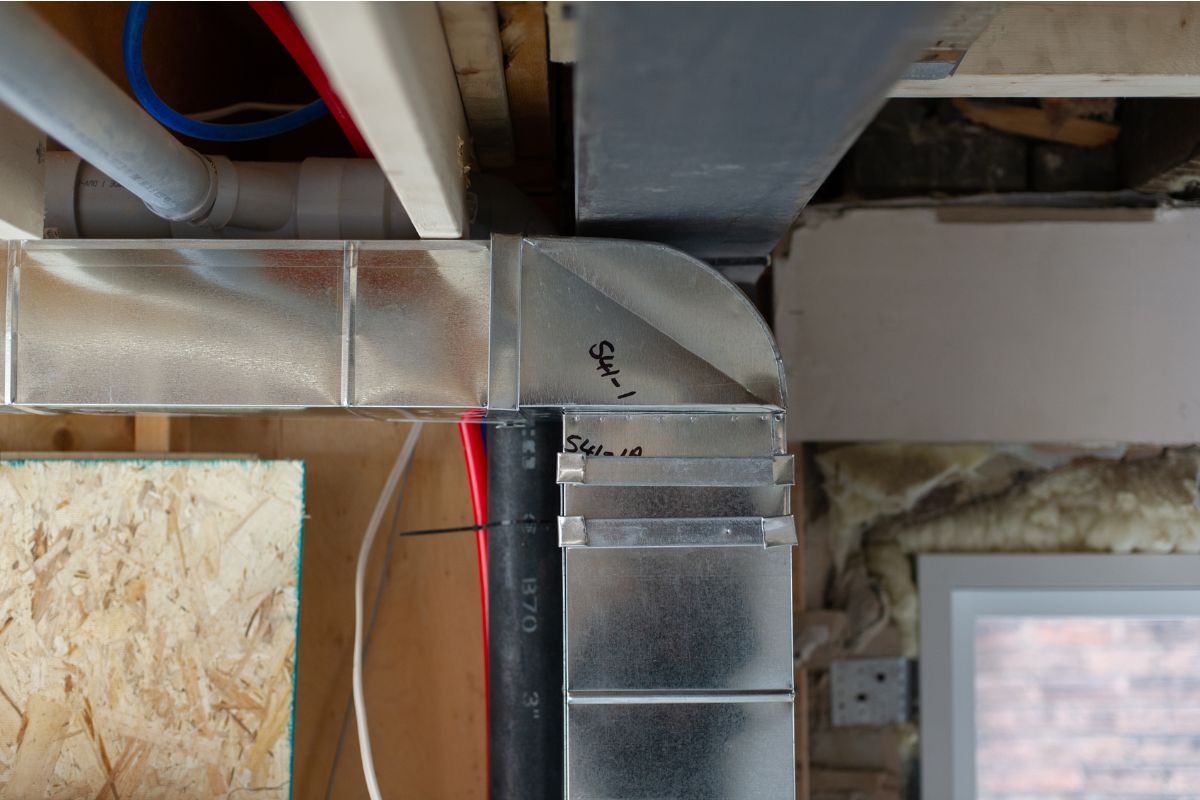 In a recent New York Times article entitled “The Cost of Cool“, author Elisabeth Rosenthal noted the trade offs of the environmental cost of air conditioning versus the economic benefits created by it. With the rise of the Middle Class in countries like Brasil, India and China, there will be nearly one billion new warm weather consumers interested in the comfort, health and increased productivity provided by mechanical cooling. This will add a massive demand to the already fragile electrical transmission infrastructures of these countries. Air conditioning is already the main culprit cited for American summer brownouts and blackouts. It was most assuredly also the cause of the massive Indian blackout that saw northern India’s electric transmission system failure for several weeks.
In a recent New York Times article entitled “The Cost of Cool“, author Elisabeth Rosenthal noted the trade offs of the environmental cost of air conditioning versus the economic benefits created by it. With the rise of the Middle Class in countries like Brasil, India and China, there will be nearly one billion new warm weather consumers interested in the comfort, health and increased productivity provided by mechanical cooling. This will add a massive demand to the already fragile electrical transmission infrastructures of these countries. Air conditioning is already the main culprit cited for American summer brownouts and blackouts. It was most assuredly also the cause of the massive Indian blackout that saw northern India’s electric transmission system failure for several weeks.
Here in the U.S., 87% of households have some form of air conditioning, whereas only 11% of households in Brasil and only 2% in India have it. Regardless of our efforts towards conservation by raising efficiency standards, we will not be able to offset the electrical consumption needs of the rest of the growing industrialized nations who are rightfully demanding their middle class creature comforts. The Montreal Protocol may call for the elimination of CFCs in its effort to reduce global warming, but it does nothing to insure the increase of efficiency standards for air conditioning equipment worldwide. We can manufacturer as many 20 SEER air conditioning units as we want, but if China is producing an equal or greater amount of 10 SEER units, where does this put our electrical consumption on a global scale? In fact, there is no International governing body looking out for global energy efficiency standards.
The Collaborative Labeling & Appliance Standards Program (CLASP) is a global non-profit that was founded in 1999 through a strategic cooperation of three organizations – the Alliance to Save Energy, the International Institute for Energy Conservation, and the Lawrence Berkeley National Laboratory – to address the growing energy demand and contributions to climate change of developing countries. Among its many advocacies, CLASP pushes developing nations to adopt Minimum Energy Performance Standards or MEPS for appliances and lighting, but it has no regulatory power. It acts as a clearinghouse or archive for energy efficiency standards and labeling programs on a global basis. However, without some type of responsible global cooperative body negotiating and enforcing energy efficiency compliance worldwide, we will continue on a collision course with energy resource depletion regardless of the individual efforts of national energy efficiency programs.
As always, to keep up to date with what’s new in HVAC technology, visit our website at airideal.com and follow us on Twitter @airideal and at our Facebook page!

Other Blogs
June 26, 2025 |
3 min read
May 22, 2025 |
3 min read


